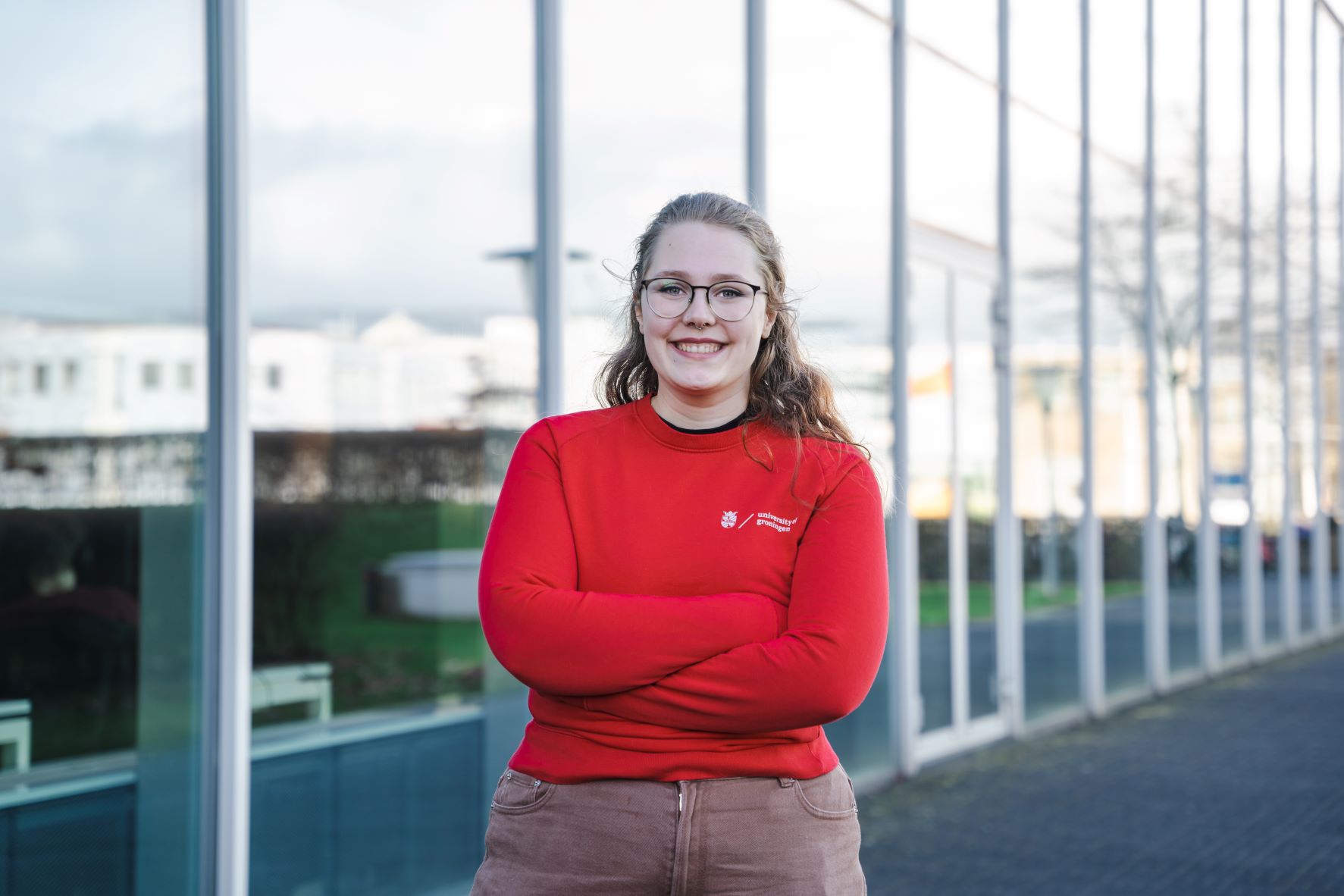This Master's programme has a selection procedure. The application deadline is 1 May 2024. For more information about the selection procedure, please check here.
These technologically advanced systems can perceive and respond to the world around them. Intelligent systems can take many forms, from facial recognition at security checks to automated vacuums and OpenAI's DALL-E that generate digital images from natural language descriptions. The Master's programme in Artificial Intelligence is made up of three core topics, reflected in three specializations: Computational Learning, Multi-Agent Systems, and Robotics.
Computational Learning
Automated translation between languages, face recognition, automated satellite image processing, or self-driving cars are all based on 'intelligent' computer algorithms. These algorithms are based on insights obtained in the cognitive and neurosciences on the one hand and are guided by fundamental principles of statistics, formal logic and dynamical systems theory on the other hand.
The courses taught in this specialization cover cornerstone topics of this interdisciplinary field, including machine learning, artificial neural networks and pattern recognition.
Robotics
A robot taking samples and collecting information on the moon is an example of an autonomous system. It operates and carries out missions independently. Regardless of its surroundings, it responds with a certain intelligence. While traditional AI focuses on cognition and reasoning as isolated abilities, we strongly believe in perception as an active behaviour, which is integrated into general cognition.
The courses taught in the area of cognitive robotics are related to research in social/domestic robotics, human-robot interaction, and how robots can extend their knowledge over time by interacting with non-expert users.
Multi-Agent Systems
When a team of robots play football they have to communicate and cooperate with each other. This is an example of multiple agents acting concurrently; a multi-agent system. When designing these systems, techniques from computing science and logic are combined with knowledge about the interaction amongst humans and animals.






